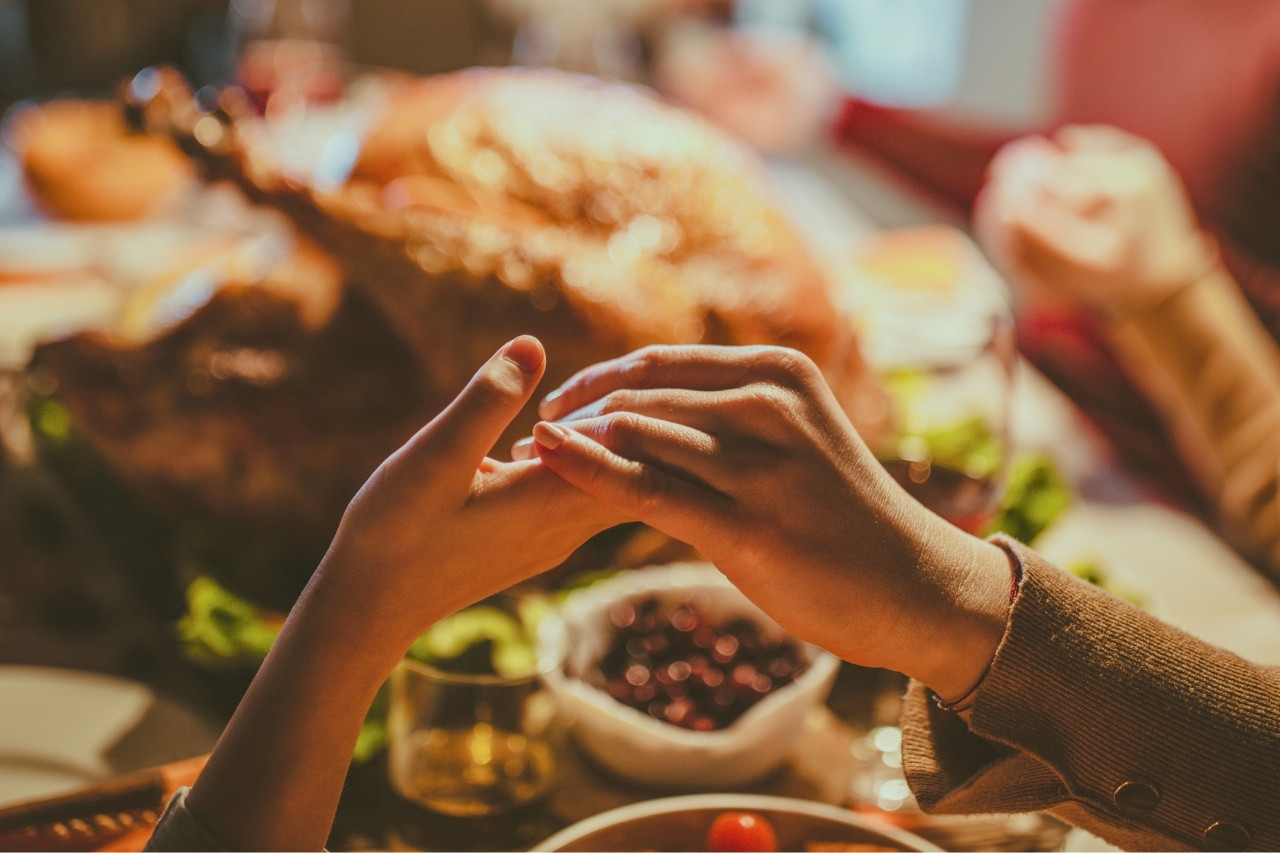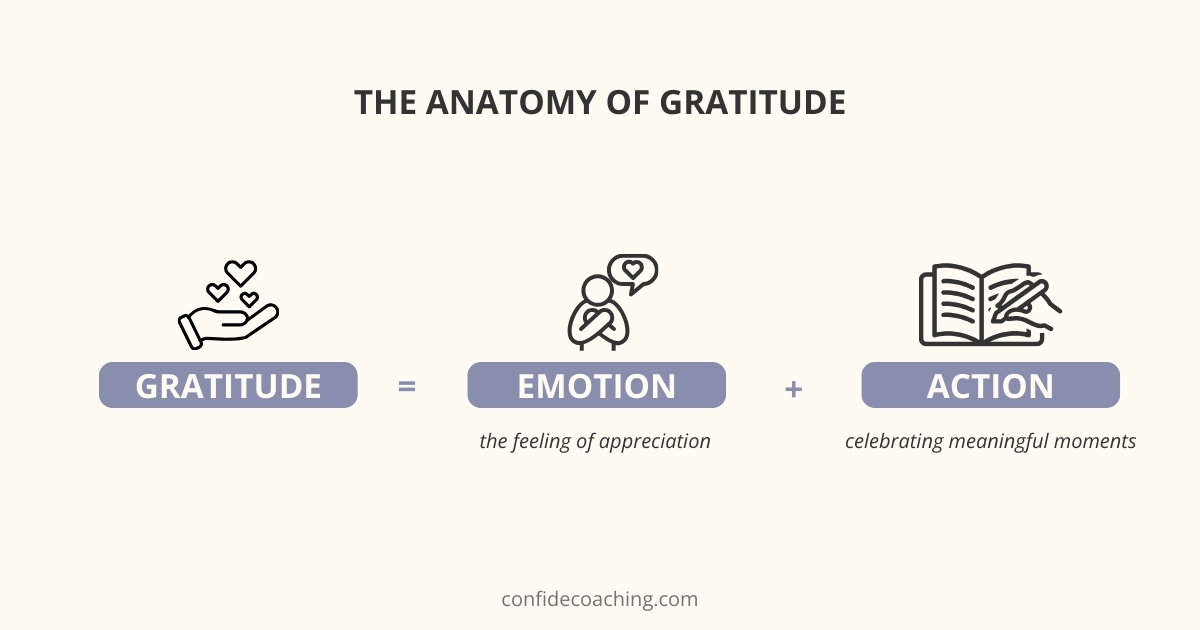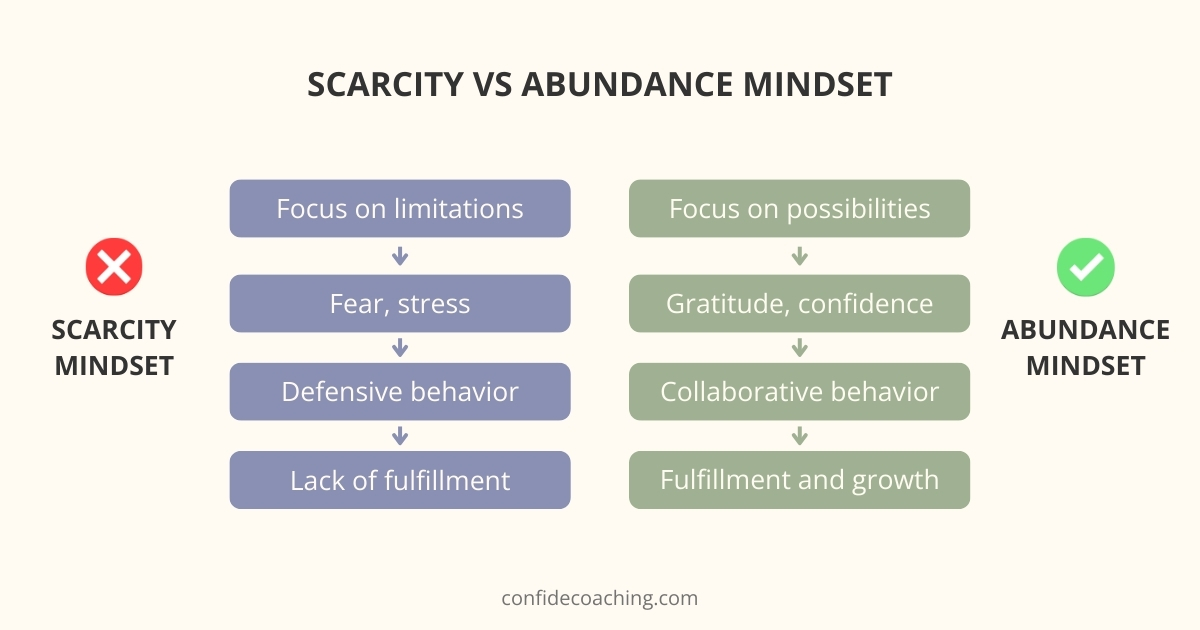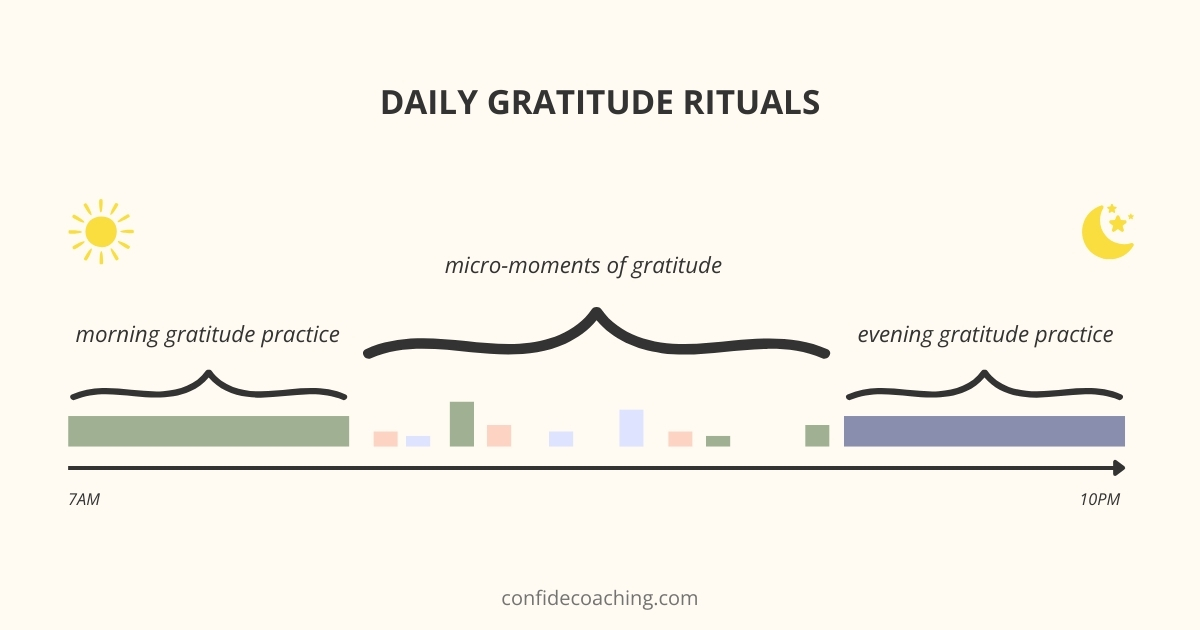
The Gift of Thanksgiving
Thanksgiving isn’t just a holiday; it’s an invitation—a pause in the whirlwind of life to reflect on what truly matters. Beyond the turkey, traditions, and togetherness lies the heart of this cherished occasion: gratitude. While it may seem like a seasonal sentiment, the power of gratitude extends far beyond a single day. It’s not just about saying “thank you” but about cultivating a mindset that can transform how you experience life.
In a world often focused on what’s missing, gratitude shifts your perspective toward what’s already abundant. It rewires your brain, strengthens your relationships, and even enhances your physical health. More importantly, it creates a sense of contentment and fulfillment that no material possession can provide. But like any practice, gratitude requires intention—something we’ll explore throughout this article.
As you prepare to gather with loved ones this Thanksgiving, consider how gratitude can become more than a fleeting thought at the dinner table. Together, we’ll dive into the science behind why gratitude works, explore how to incorporate it into daily life, and discover ways to let this Thanksgiving serve as a springboard for a gratitude-focused mindset that lasts all year.
Whether you’re looking to deepen your personal practice or inspire those around you, this is your opportunity to embrace the transformative power of gratitude. Ready to make this Thanksgiving one to remember? Let’s get started.
Understanding Gratitude
What Is Gratitude?
Gratitude is often thought of as a simple “thank you,” but its true depth goes far beyond polite expressions. At its core, gratitude is both an emotion and a practice. As an emotion, it’s the warm sense of appreciation you feel when recognizing the goodness in your life. As a practice, it’s the deliberate act of acknowledging and celebrating those moments, people, or experiences that enrich your journey.
Historically, gratitude has been a cornerstone of many philosophical traditions. Ancient Stoics, for example, saw gratitude as essential for living a fulfilling life. They believed that cultivating an appreciation for what you have—rather than lamenting what you lack—could free you from unnecessary suffering. This perspective aligns beautifully with the modern challenge of “letting go” of the negativity that often clouds our ability to feel thankful. For actionable Stoic-inspired strategies, check out A Stoic’s Guide to Letting Go.

The Science of Gratitude
Modern research has validated what philosophers intuited centuries ago: gratitude is good for you. Studies show that practicing gratitude has profound effects on mental, emotional, and even physical well-being.
1. Mental Health Benefits:
- Expressing gratitude regularly is linked to lower levels of depression and anxiety.
- Research from the University of California, Berkeley, revealed that individuals who kept a gratitude journal experienced significant boosts in their overall mood and resilience.
2. Strengthened Relationships:
- Gratitude fosters connection. Expressing appreciation to others not only strengthens personal bonds but also creates a ripple effect of kindness and empathy.
- Partners who show gratitude toward each other report higher relationship satisfaction and better communication.
3. Physical Health Advantages:
- Gratitude has been associated with better sleep, lower blood pressure, and improved immune function.
- A study published in Personality and Individual Differences found that grateful people are more likely to engage in healthy behaviors, such as regular exercise and balanced eating.
From a neuroscience perspective, gratitude literally rewires the brain. According to research, regularly practicing gratitude activates neural pathways associated with reward and positive emotions. Over time, this rewiring can help individuals break free from patterns of negativity, stress, and dissatisfaction. If you’re curious about how gratitude creates these changes on a neurological level, explore How Gratitude Creates Contentment for an in-depth explanation.
The Thanksgiving Lens
Why Thanksgiving Matters
Thanksgiving holds a unique place in the calendar as a moment designed to pause, reflect, and express gratitude. It’s not just a celebration of abundance—it’s a reminder of the importance of appreciating the blessings in our lives, no matter how big or small. The act of gathering with loved ones, sharing a meal, and reflecting on what we’re thankful for provides a rare opportunity to step back from the busyness of life.
Yet, in today’s world, the symbolic importance of Thanksgiving can easily be overshadowed by the hustle and bustle of the holiday season. Between meal preparations, travel plans, and the looming pressures of Black Friday sales, the essence of gratitude is often lost in the chaos. For many, Thanksgiving becomes more about checking items off a to-do list than truly savoring the moment. This stress not only diminishes the joy of the holiday but also distracts from its deeper purpose: connection, reflection, and appreciation.
To reclaim Thanksgiving’s significance, it’s essential to prioritize moments of intentional gratitude amid the holiday whirlwind. A simple pause—whether at the dinner table or during a quiet moment in the day—can help ground you in the true spirit of the season.
Gratitude vs. Commercialization
The commercialization of Thanksgiving, from elaborate decorations to doorbuster Black Friday sales, often shifts the focus from what we have to what we want. This consumer-driven mentality can lead to a sense of scarcity rather than abundance, as the emphasis on material goods undermines the core of gratitude.
But Thanksgiving doesn’t have to be about what’s on the table or under the tree; it can be about who is around the table. Shifting from material gratitude to relational gratitude—the appreciation of the people who enrich your life—can transform how you experience the holiday. This mindset is not only more fulfilling but also aligns with the true essence of Thanksgiving.
Here are some practical ways to refocus on connection and appreciation:
1. Simplify the Celebration: Focus less on the perfection of the meal or decorations and more on the quality of time spent with loved ones. It’s about people, not food.
2. Express Gratitude Publicly: Take a moment during the meal for everyone to share something they’re thankful for (remember when this used to be a thing?).
3. Write Notes of Appreciation: Instead of a material gift, give handwritten notes to family or friends expressing what you value about them.
4. Limit Screen Time: Set boundaries around phones and TVs during Thanksgiving to encourage genuine connection.
By shifting attention from the material to the meaningful, you can make Thanksgiving not just a day of gratitude, but a launchpad for building deeper, more intentional connections throughout the year. After all, the memories that linger aren’t those of perfectly set tables or the latest tech gadgets, but the moments of laughter, love, and shared appreciation.
This Thanksgiving, challenge yourself to redefine abundance—not by the quantity of things, but by the quality of relationships and the gratitude you cultivate.
Building a Gratitude Practice
Daily Gratitude Rituals
Gratitude is like a muscle—the more you use it, the stronger it becomes. Incorporating small, consistent practices into your daily routine can help make gratitude a natural part of your mindset. Here are a few simple yet impactful strategies to try:
- Morning Gratitude Practices: Begin your day with intention by listing three things you’re grateful for. These could be as simple as a good night’s sleep, the warmth of your morning coffee, or the promise of a new day. This habit sets a positive tone for the hours ahead, helping you approach challenges with a sense of abundance rather than scarcity.
- Evening Gratitude Reflections: Before bed, take a moment to reflect on your day. What went well? What moments brought you joy or comfort? Writing these reflections in a gratitude journal can deepen the practice and help you track the patterns of positivity in your life. For guidance on starting and maintaining this practice, check out How to Write a Gratitude Journal.
- Micro-Moments of Gratitude: Gratitude doesn’t have to be reserved for structured rituals. Throughout the day, pause to acknowledge small, meaningful moments—a kind gesture from a coworker, a sunny afternoon, or a text from a friend. These brief, conscious acknowledgments take only seconds but can significantly shift your perspective and boost your mood.
Family and Community Gratitude Practices
Gratitude becomes even more powerful when shared with others. Thanksgiving is the perfect opportunity to involve your family and community in the practice of appreciation. Here are some ideas to inspire connection and reflection:
- Sharing Gratitude Around the Dinner Table: Encourage everyone at your Thanksgiving table to share one thing they’re grateful for. This tradition not only fosters connection but also reminds everyone of the richness in their lives, even during challenging times.
- Writing Notes of Appreciation: Take a moment to write notes of gratitude to loved ones, whether they’re gathered with you or far away. A simple card expressing why you value someone can leave a lasting impact, strengthening bonds and spreading positivity.
- Volunteering or Community Service: Extend your gratitude outward by giving back to your community. Whether it’s serving meals at a shelter, donating to a local food bank, or helping a neighbor in need, acts of kindness can deepen your sense of gratitude while making a tangible difference for others.
Thanksgiving traditions centered on gratitude can become cherished rituals that carry forward into daily life. They remind us that gratitude isn’t just a private practice but a communal experience that strengthens relationships, fosters empathy, and builds a sense of collective well-being.
By weaving these practices into your routine—whether daily or during Thanksgiving—you create a sustainable foundation for a gratitude-focused mindset. These moments, big or small, not only transform how you see the world but also inspire those around you to embrace the power of appreciation.
Overcoming Gratitude Barriers
Why Gratitude Feels Hard Sometimes
Gratitude can be elusive when life feels overwhelming. During times of hardship—whether it’s a personal loss, financial stress, or a difficult season—it’s natural to focus on what’s wrong rather than what’s right. In these moments, gratitude might feel like a hollow concept, too far removed from the weight of real challenges.
However, it’s in these very moments that gratitude can be most transformative. While you may not be able to change your circumstances, you can shift your perspective. Here are some strategies to help you cultivate gratitude even during tough times:
- Reframe the Situation: Look for silver linings, however small they may seem. For example, if you’re facing a setback, consider what lessons it might be teaching you or how it might lead to unexpected opportunities. Reframing doesn’t minimize your pain but allows you to acknowledge moments of growth or hope within the struggle.
- Focus on Small Wins: When big reasons for gratitude feel out of reach, start with the smallest victories—a kind word from a friend, a good meal, or even the fact that you got through the day. Recognizing these micro-moments can help rebuild a sense of appreciation one step at a time.
- Practice Gratitude for the Present Moment: Instead of striving to feel grateful for the “big picture,” anchor yourself in the present. Appreciate something tangible—a warm blanket, the sound of rain, or a deep breath. These small, grounding moments can help restore balance and perspective.
Letting Go of Negativity
Sometimes, it’s not life’s circumstances but our own emotional baggage that blocks gratitude. Lingering resentment, past hurts, or unprocessed negativity can crowd out feelings of thankfulness. Letting go of these burdens is crucial to creating space for gratitude to grow.
In the Stoic tradition, the act of releasing what you cannot control is essential for peace of mind. This practice isn’t about ignoring challenges but rather acknowledging them and choosing not to let them dominate your thoughts. For practical strategies on letting go, explore A Stoic’s Guide to Letting Go. It offers actionable steps to release emotional weight, helping you move from a mindset of scarcity to one of abundance.
By working through these barriers—whether they stem from external circumstances or internal struggles—you can unlock the full potential of gratitude. It’s not about forcing positivity but about finding moments of light, even in the darkest of times. Remember, gratitude doesn’t erase challenges, but it offers a way to navigate them with greater resilience and clarity.
Gratitude’s Long-Term Impact
How Gratitude Transforms Mindset
Gratitude has a remarkable ability to reshape how we perceive the world. Instead of dwelling on what’s lacking, it invites us to focus on what’s abundant. This shift from scarcity to abundance cultivates a mindset of resilience, helping us face challenges with greater clarity and hope. Gratitude teaches us that even in imperfection, there is beauty worth cherishing.
When practiced consistently, gratitude can create a ripple effect that touches every area of life. By focusing on what we appreciate, we train our minds to notice the positive more often. This rewiring not only improves our mood but also strengthens our ability to cope with adversity. Over time, gratitude fosters a deep sense of contentment—a quiet, enduring joy that isn’t dependent on external circumstances.
As discussed in The Pursuit of Happiness, happiness isn’t about chasing fleeting highs or achieving a never-ending list of goals. Instead, it’s about embracing practices like gratitude that help us find fulfillment in the present moment. Gratitude shifts the focus from achieving more to appreciating what already is, leading to a more grounded and enduring sense of well-being.

Building a Gratitude Legacy
Gratitude is more than a personal practice; it’s a legacy you can create and pass on. When you consistently model gratitude, you inspire those around you—family, friends, and even colleagues—to adopt the same mindset. Over time, this shared practice can transform not just individuals but entire communities.
Think of gratitude as a seed that, when nurtured, grows into something lasting. Here are a few ways to cultivate a gratitude legacy:
- Teach Gratitude to Children: Show younger generations the value of saying “thank you” and recognizing the good in their lives. Share stories of gratitude from your own experiences to illustrate its power.
- Create Traditions: Establish rituals, like a family gratitude journal or weekly gratitude circle, that help keep the practice alive. These habits can become cherished parts of your family culture.
- Extend Gratitude Beyond Yourself: Express appreciation to others openly and often, whether through words, actions, or thoughtful gestures. Gratitude shared has the potential to inspire and uplift everyone it touches.
By making gratitude a foundational part of your life, you contribute to a culture of appreciation that can outlast any single moment. Imagine the impact of a world where gratitude isn’t just a fleeting holiday sentiment but a deeply ingrained practice. This Thanksgiving, let your gratitude spark a legacy of kindness, resilience, and connection that echoes far into the future.
Conclusion: Embrace Thanksgiving as a Gratitude Springboard
Thanksgiving is more than just a day of indulgent meals and cherished traditions—it’s an opportunity to pause, reflect, and reconnect with what matters most. By leaning into the spirit of gratitude this holiday, you can set the stage for a more fulfilling and mindful approach to life. Thanksgiving doesn’t have to be the end of your gratitude practice; it can be the beginning.
Imagine what could change if you carried the habit of gratitude into your everyday life. How might your perspective shift? How might your relationships deepen? Gratitude has the power to reframe challenges, amplify joy, and foster resilience—and it starts with a single step.
This Thanksgiving, challenge yourself to take one actionable step toward a gratitude-focused lifestyle. Whether it’s starting a gratitude journal, sharing your appreciation with loved ones, or simply pausing to savor the present moment, let this holiday be the springboard for a lasting practice.
Gratitude is a choice—a daily commitment to seeing the world through a lens of abundance and connection. So, as you gather around the table this Thanksgiving, consider: How will you make gratitude the centerpiece of your life this Thanksgiving and beyond?

Paul Strobl, MBA, CPC
Owner of Confide Coaching, LLC
Paul is a Master Life Coach for GenX and GenY executives and business owners. Originally from Houston, Texas, he has been location independent for most of his adult life. He currently resides in the Rhodope Mountains of Bulgaria near the Greek border with his brilliant wife, 14-year-old stepson (officially adopted in 2021!) and a Posavac Hound rescue.
References
Confide Coaching Articles
- How Gratitude Creates Contentment
- The Pursuit of Happiness
- How to Write a Gratitude Journal
- A Stoic’s Guide to Letting Go
Scientific Studies and Insights
- Emmons, R. A., & McCullough, M. E. (2003). Counting Blessings Versus Burdens: An Experimental Investigation of Gratitude and Subjective Well-Being in Daily Life. Journal of Personality and Social Psychology, 84(2), 377-389.
- Sansone, R. A., & Sansone, L. A. (2010). Gratitude and Well-Being: The Benefits of Appreciation. Psychiatry (Edgmont), 7(11), 18-22.
Health and Neuroscience
- Kini, P., Wong, J., McInnis, S., Gabana, N., & Brown, J. W. (2016). The effects of gratitude expression on neural activity. NeuroImage, 128, 1-10.
- Mills, P. J., Redwine, L., Wilson, K., & Pung, M. A. (2015). The role of gratitude in spiritual well-being in asymptomatic heart failure patients. Spirituality in Clinical Practice, 2(1), 5-17.
Philosophical Sources
- Seneca, L. A. Letters from a Stoic. (Original work translated).


